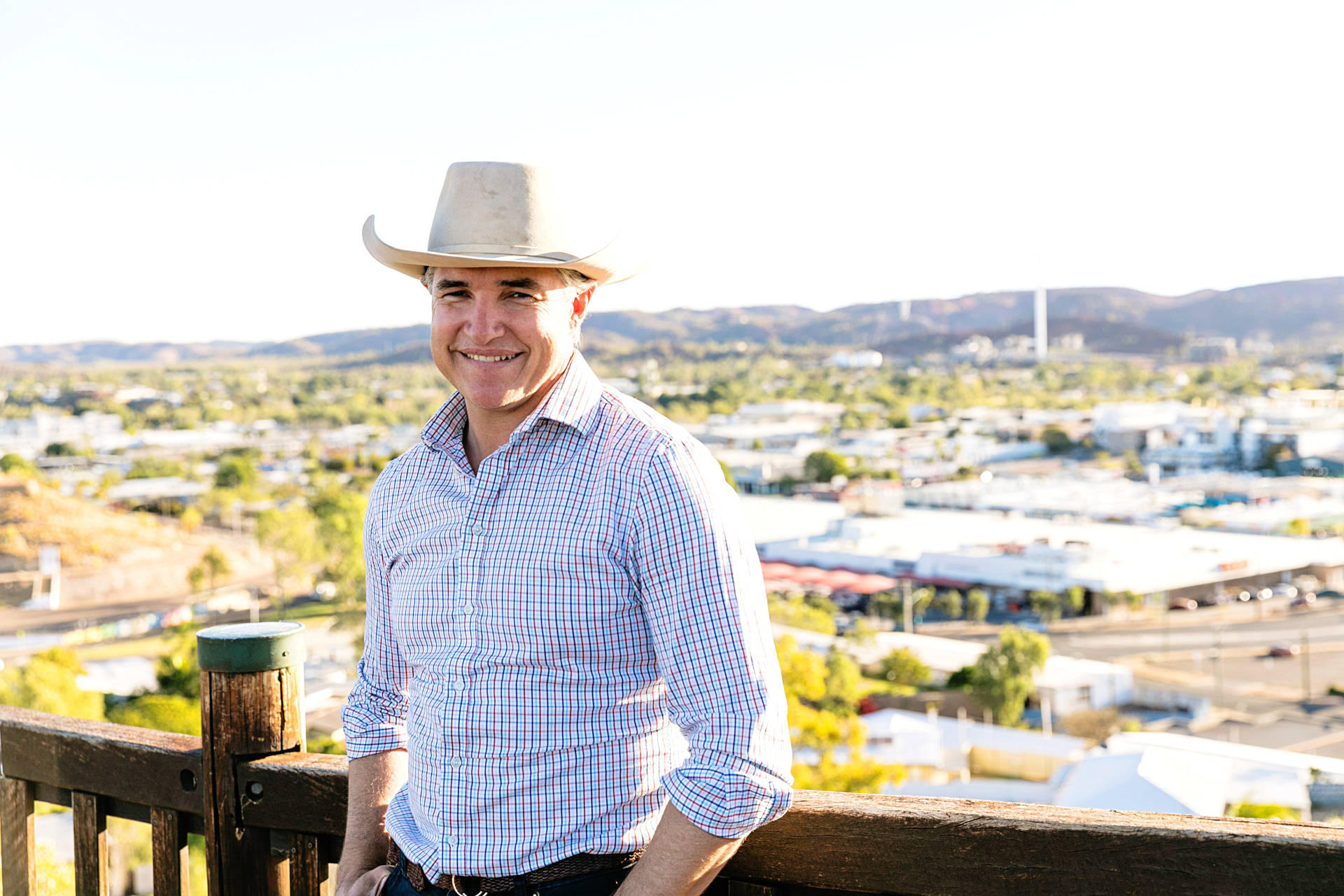
12 Sep POST OFFICE BANK WILL PAY DIVIDENDS TO REGIONS: KAP
Katter’s Australian Party (KAP) Leader and Member for Traeger Robbie Katter says a proposal to transform the KAP’s long-running bid for a Rural Development Bank into a Postal Savings Bank has his full support, with a Federal bill now in the pipeline.
The Bill will seek to establish a Commonwealth Government-owned banking corporation that would be operated through post offices and would offer a full suite of banking services, including loans.
Mr Katter said establishing a “People’s Bank” that was designed to facilitate economic prosperity and rural and regional growth was a foundational policy platform for the KAP and had been the focus of extensive legislative efforts for the party at both the State and Federal levels.
He said while in recent decades the “die-hard economic rationalists” who had majority-occupied the country’s parliaments turned their noses up on the concept, times were changing.
Last week, Member for Kennedy Bob Katter, who will spearhead the Federal bill, addressed a Canberra forum hosted by the Licensed Post Office Group (LPOG) outlining his plans which were in line with LPOG’s campaign for a government-owned bank operated through post offices.
LPOG represents the interests of about 3,000 small community post offices across Australia and has proposed a postal bank to boost competition and guarantee face-to-face banking, addressing the dire market failure in the regional banking sector.
Mr Katter Snr was currently preparing to introduce the Bill into Federal Parliament, backed by a precedent in New Zealand where the national postal carrier was converted into a government bank in the early 2000s.
His family has lived in North-West Queensland’s Cloncurry region for 150 years, where banks currently require a 40 per cent deposit for any lending.
This was not unusual for rural locations, and there were current concerns that loan-to-value ratios in these parts could skyrocket to 50 per cent, meaning customers needed a 50 per cent deposit upfront to buy a house.
“You can’t build a house there because the bank has now redlined our area; in Australia, they’ve redlined four areas of the cities and rural areas … so you can’t get the money to build a house or buy a house in those areas,” Mr Katter Snr said.
“In America, redlined areas are where the banks have to put in five per cent of the deposit, so their redlining is to help those areas, but our redlining is to destroy those areas.”
He said rural Queensland needed a bank that understood the bigger picture, not a narrow, short-term view wedded to the profit needs of shareholders.
KAP Leader and Member for Traeger Robbie Katter said there was no incentive for banks to offer rural customers a fair and competitive service, with no appetite to lend to the bush and no social mandate against “postcode discrimination”.
“Despite banking being an essential service, more than 450 Big Four branches have closed in the past three years, which is blamed on a rise in online and phone banking, but many people are banking online because of bank closures, not the other way around,” he said.
“These small communities cannot move forward if people can’t buy homes or start businesses on reasonable terms.”
Under the Commonwealth Postal Savings Bank Bill 2022, a Commonwealth Government-owned banking corporation would be operated through post offices, separate from the Australian Postal Corporation, and offer full banking services.
The Bill would include an agency agreement to ensure Australia Post and licensed post offices received full payment for providing the infrastructure for postal services.
“The beauty of this proposal is that it could be highly beneficial to the Government’s bottom line and make money for the tax-payer rather than burden them, injecting much-needed competition into the sector riding on the back of the Australia Post network of almost 4,500 outlets” Mr Katter Jnr said.
LPOG Executive Director Angela Cramp said it made sense to ensure face-to-face banking services remained in their communities.
“Serving and supporting our customers in our communities is what we do, we deliver their letters, we deliver their parcels, we already deliver many of their banking services,” she said.
“Establishing a government-owned Postal Bank that is required to operate through the postal network will ensure that people will always have the option to access financial services where they live, and we will continue to serve our communities, where we all choose to live.
“That is a win-win for Australian communities.”
—ENDS—

Sorry, the comment form is closed at this time.